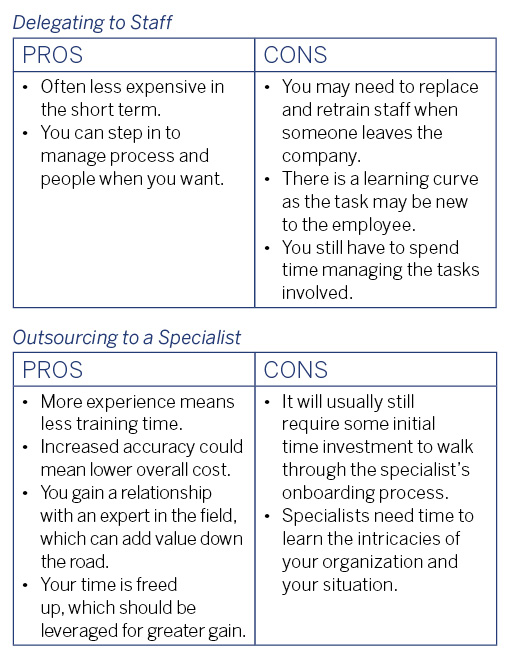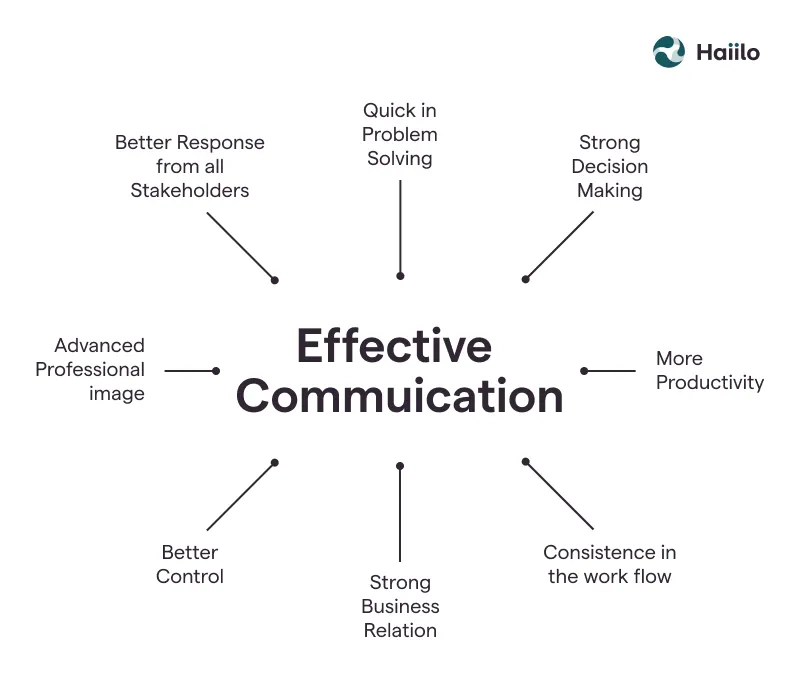Delegation and Outsourcing: The Key to Business Growth
Successful businesses are built on effective delegation and strategic outsourcing. These two practices play a crucial role in optimizing productivity, reducing costs, and fostering growth. By delegating tasks and outsourcing non-core activities, businesses can focus on their core competencies and achieve a competitive advantage in the market.
The Power of Delegation
Delegation is the process of assigning tasks and responsibilities to employees based on their skills and expertise. It empowers team members, promotes collaboration, and enhances efficiency. Delegating tasks allows business owners and managers to focus on high-level decision-making and strategic planning.
Effective delegation involves clear communication, setting expectations, and providing necessary resources. By distributing workload, businesses can achieve better time management, faster completion of tasks, and increased employee engagement. Delegation also helps in developing employees’ skills and fostering a sense of ownership and accountability.
The Benefits of Outsourcing
Outsourcing involves contracting external individuals or organizations to perform specific tasks or functions. It allows businesses to access specialized skills, resources, and cost advantages. Outsourcing non-core activities, such as IT support, payroll processing, or customer service, enables companies to focus on their core competencies.
Outsourcing provides flexibility, scalability, and access to global talent. It can help businesses reduce operational costs, improve efficiency, and gain a competitive edge. Additionally, outsourcing allows businesses to tap into the expertise and experience of external professionals, leading to better outcomes and innovation.
Striking the Right Balance
While delegation and outsourcing offer numerous benefits, finding the right balance is crucial. Businesses need to identify tasks that can be effectively delegated or outsourced without compromising quality or control. It is essential to maintain clear communication channels, set performance indicators, and monitor progress regularly.
Regular evaluation of the delegation and outsourcing processes is necessary to ensure they align with the business goals. It is also essential to consider factors like data security, confidentiality, and legal compliance when outsourcing critical functions.
In Conclusion
Delegation and outsourcing are powerful tools that businesses can utilize to drive growth and efficiency. By leveraging the skills of their employees and accessing specialized external resources, businesses can focus on their core competencies, reduce costs, and achieve a competitive advantage. Striking the right balance between delegation and outsourcing is key to optimizing productivity and achieving long-term success.



